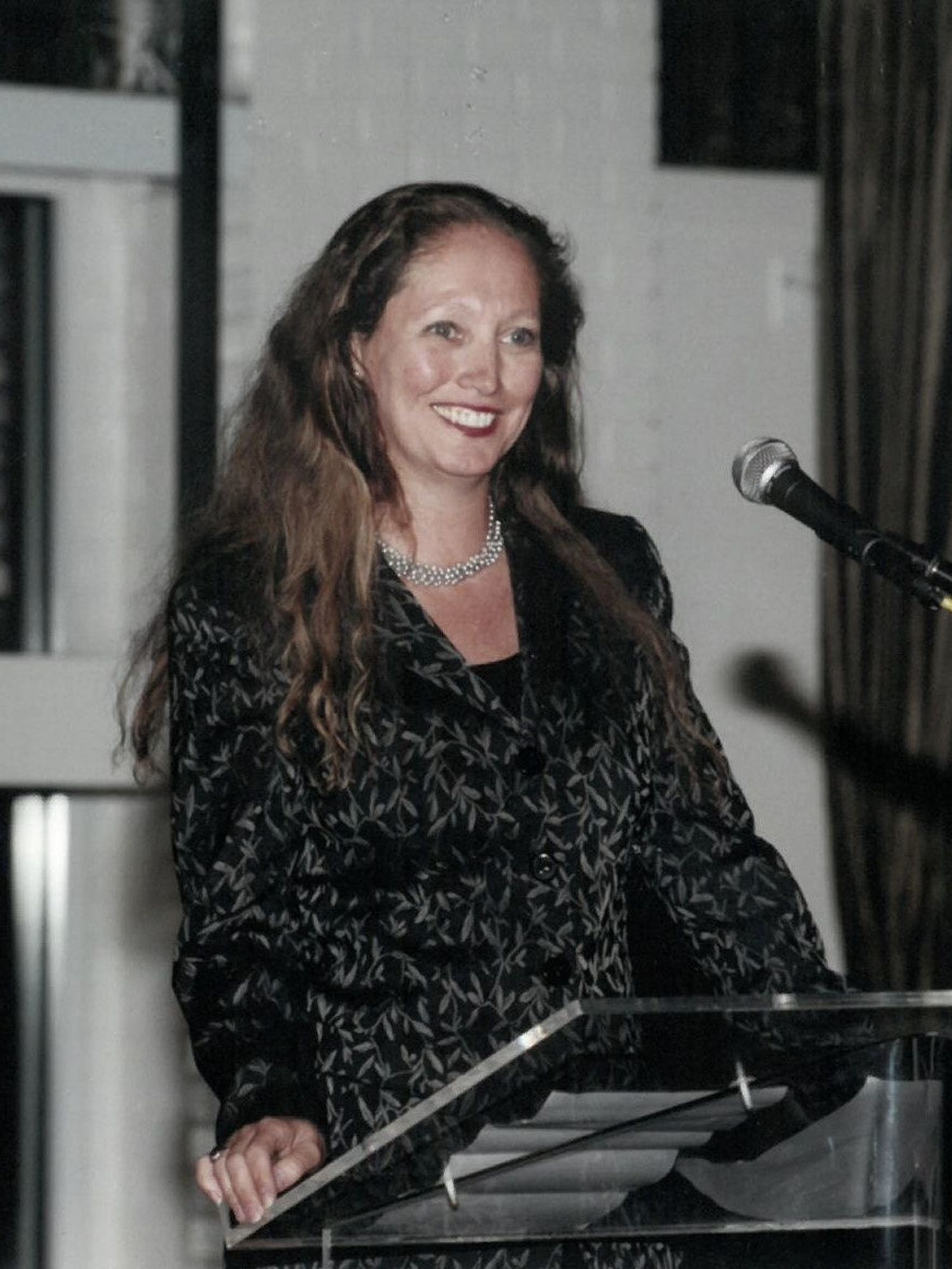Dance Magazine Chairman's Award Honoree: Linda Shelton
In an industry that has been clamoring for more female leadership, Linda Shelton, executive director of New York City’s The Joyce Theater Foundation since 1993, has been setting an example for decades. As a former general manager of The Joffrey Ballet, U.S. tour manager for the Bolshoi Ballet, National Endowment for the Arts panelist, Dance/NYC board member and Benois de la Danse judge, as well as a current Dance/USA board member, Shelton has served as a global leader in dance. In her tenure at The Joyce, she has not only increased the venue’s commissioned programming, but also started presenting beyond The Joyce’s walls in locations such as Lincoln Center.
What brought you to The Joyce?
That was many years ago, but it’s still the same today: It’s a belief in and passion for the mission of the theater, which is to support dance in all of its forms and varieties—every kind of dance that you could imagine.
Diversity is so important in dance leadership today. How do you approach this at The Joyce?
Darren Walker said something interesting at a Dance/NYC Symposium, which was that The Joyce is a disruptor. It was nice to hear in that context, because we don’t think of it as something new. We didn’t have to change our mission statement to be more diverse. We’ve been doing this since day one.
Is drawing in new audiences and maintaining longtime supporters ever in conflict?
Of course. I call it the blessing and the curse of our mission. We do present more experimental companies that may attract a younger audience. But it’s very tricky. You’re not going to tell your long-term audience, “Don’t come and see this because you’re not going to like the music.” We’ve had people walk out of the theater before, but it’s a response. It’s important to spark those conversations.
What experimenting have you done?
We’ve tried a “pay what you decide” ticket the past couple of seasons with some of our more adventurous programming. You would reserve your seat for a dollar and after seeing the show pay what you decide is right for you.
Do you have advice for other dance presenters?
Find opportunities to sit with colleagues from around the country. At Dance/USA there’s a presenters’ council where we come together and talk about what we’re putting in our seasons and what we’re passionate about. Maybe there are enough presenters to collaborate and make it possible to bring a company to New York or to do a tour around the country.
Also, remember what it’s all about: making that connection between what’s onstage and the audience. If we can do that, despite every visa issue and missed flight and injury and changed program and whatever else comes our way, then we should feel good about the job we’re doing.
To purchase tickets to the Dance Magazine Awards or become a sponsor, visit
dancemediafoundation.org.







